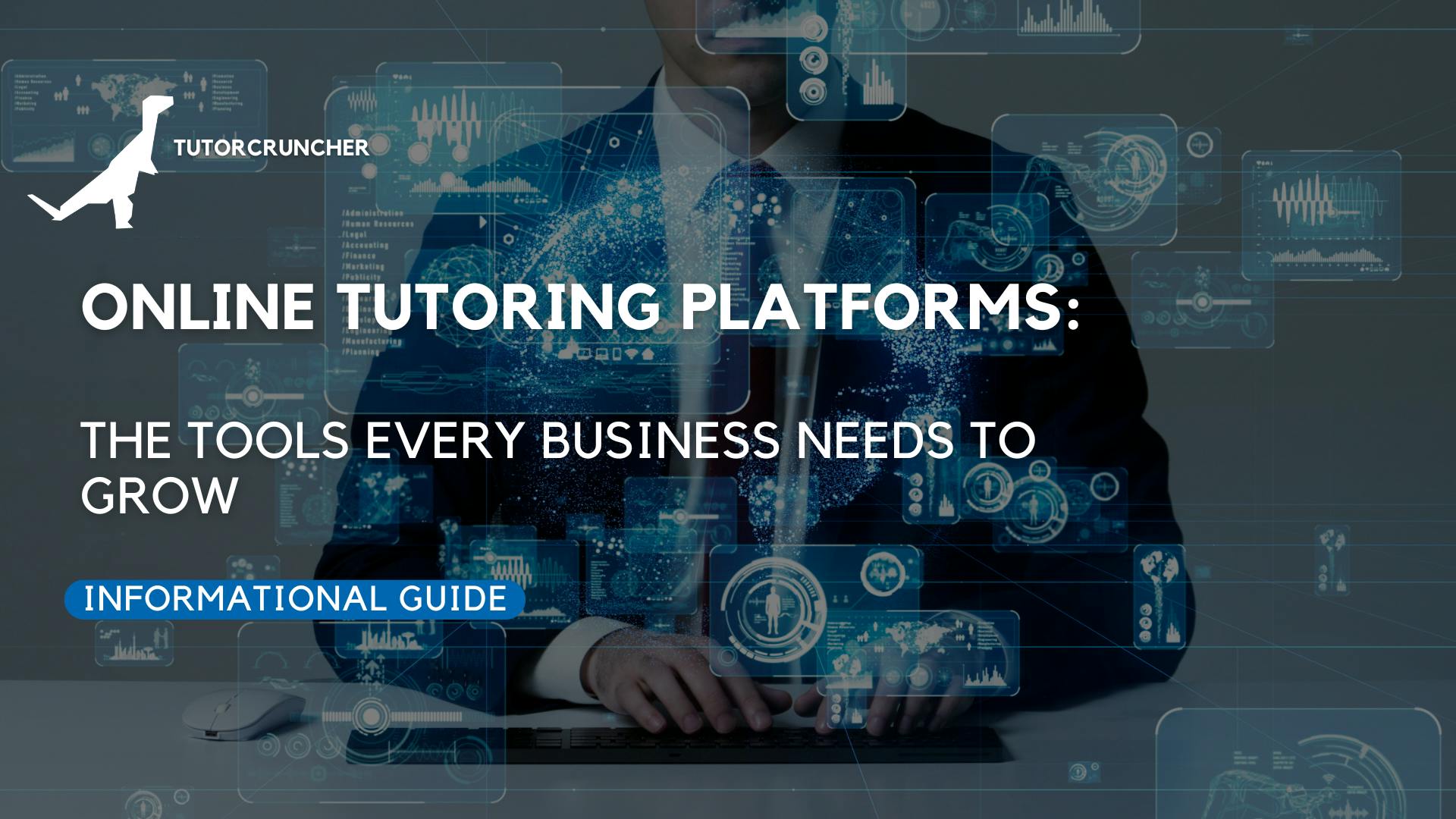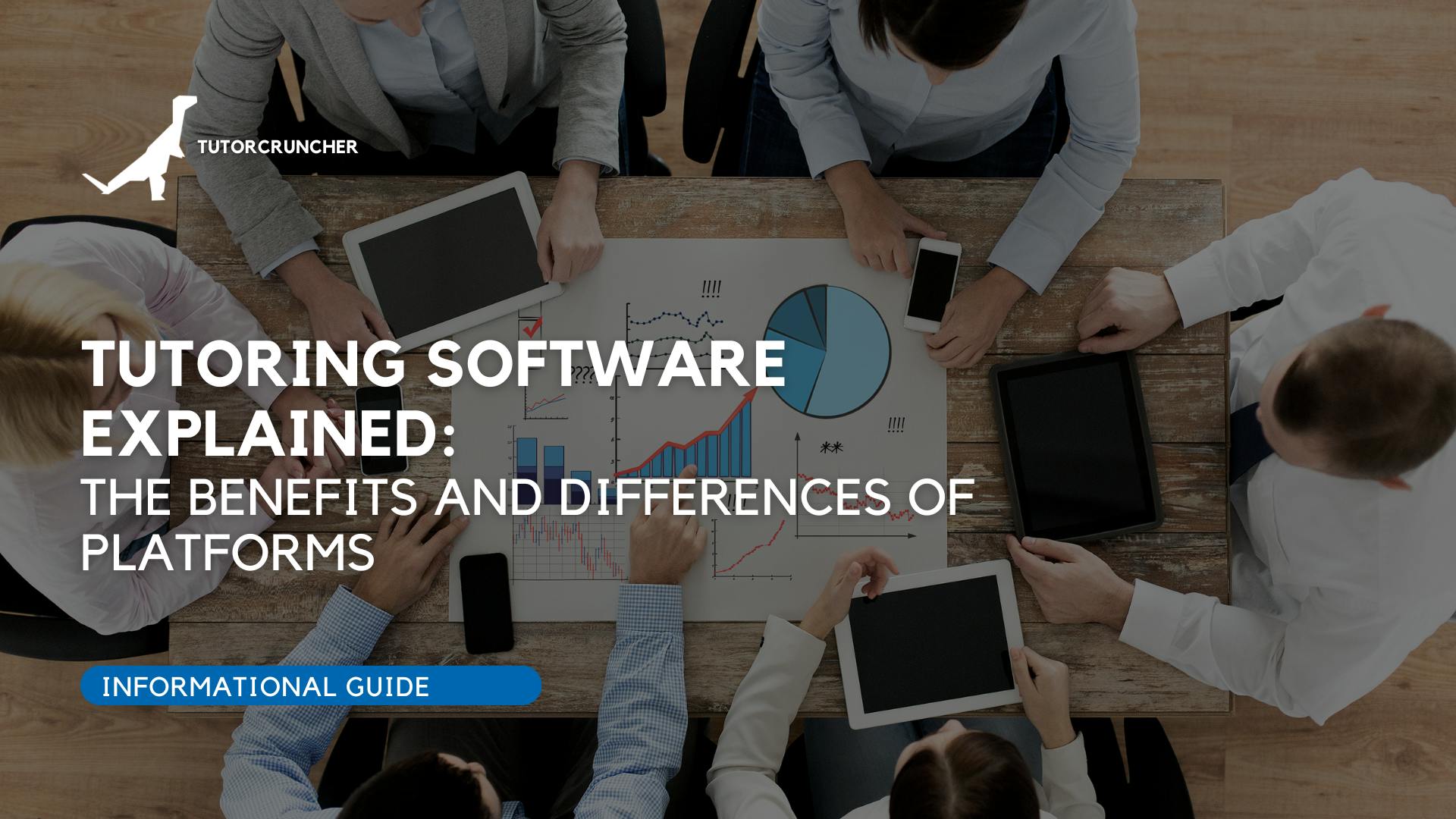Thinking about tutoring? Getting officially certified might just be your smartest first move. Although it isn’t a strict requirement in many locations, earning credentials can be a worthwhile move. It can demonstrate your skills and reassure clients that you meet professional standards.
This guide explains how to secure tutor certification in the UK and the US, outlines potential legal requirements, and answers common questions.
What is a Tutor and What Do They Do?
Let's start with the basics, a tutor is a teacher who specializes in one-on-one or small group instruction. Tutors help students with schoolwork, test preparation, and learning new material. They also provide feedback and guidance to help students improve their academic skills.
Common Tutor Responsibilities
- Working closely with learners on topics they find challenging
- Providing feedback and guidance on schoolwork
- Helping students prepare for tests or exams
- Supporting learning strategies (time management, study routines)
While many tutors with basic tutoring training are employed by schools, there is a growing number of independent tutors with complete tutoring training who offer their services online or in person. These tutors not only focus on academic success but can also help students develop better study habits, learn how to manage their time, and become more organized in their everyday life.
1. What Do You Need to Become a Certified Tutor?

The process of becoming a certified tutor may vary depending on your existing qualifications as well as the type of tutor you want to be.
There are two main types of tutors: school teachers who tutor outside of school hours, and private tutoring providers.
School teachers who tutor on the side, offer one-to-one or small group tuition in a range of academic subject areas, usually after school or during weekends. They are often experienced and qualified teachers and can offer very affordable tutoring rates. These tutors can often be found through schools themselves or through a local tutoring agency.
Private, independent tutors offer one-to-one tuition in a range of academic subjects, as well as specialized subject areas, such as cooking, coding, music, and dance lessons. They typically charge more than agency tutors, but they can be especially helpful for students who need extra support or help catching up with their peers. That said, here’s what you can do to get tutoring certification in the UK and the US.
UK Tutor Certification
While it is not necessary to have an official certification to become either of these types of tutor, here are some options you may want to explore, if you are looking for a formal qualification in the UK:
- Become a member of an awarding body such as The Tutors' Association (TTA). These organizations offer tutor training and assessment programs which can lead to certification opportunities.
- Complete an accredited PGCE (Postgraduate Certificate in Education) program, or equivalent qualification, in order to gain teaching or tutoring experience and knowledge. This will not only give your services greater credibility but also allow you to teach in schools and colleges if you wish to.
US Tutor Certification
The best way to become a certified tutor in the US is by earning a degree in education and then becoming certified through your state's Department of Education. Most states require you to pass a basic skills test, have a high school diploma, and complete a criminal background check, and have some tutoring experience in order to be certified.
Once you are certified, you can either find potential tutoring clients through your state's education system, through an independent tutoring agency or by privately promoting your services via your own website or on sites such as Craigslist.
Becoming a member of a certifying body such as The National Tutoring Association, getting a basic academic coaching certification, doing advanced tutoring competency training or an advanced academic coaching certification will demonstrate your academic knowledge.
The National Tutoring Association offers a range of certification programs, which includes the following:
- Basic Tutor Certification: requires 30 hours of documented tutoring, an AA or AS degree, and completion of various NTA webinars.
- Intermediate Tutor Certification: requires 50 hours of documented tutoring, an AA or AS degree, and completion of several NTA webinars.
- Advanced Tutor Certification: requires 100 hours of documented tutoring, an associate’s degree, and completion of various NTA webinars.
- Master Tutor Certification: 500 hours of documented tutoring, 7 years of tutoring experience, completion of several NTA programs, and a bachelor’s degree.
2. Do Independent Tutors Need to be Registered?

This is a detail to consider when starting a private or independent tutoring career, as you don’t want to miss any legal requirements or tax details needed for your business. That said, here’s what to do in the UK and the US regarding registration.
UK
There is no legal requirement for private tutors in the UK to have a license, however, the government requires that all tutors who run their own business be registered with HMRC. This is a necessary step in order to ensure you have received a unique tax reference and are therefore taxed properly, even if it's just tutoring on a part-time basis!
US
Similarly to the UK, there is no formal requirement for you to have a license for tutoring, however, in the US you should still register your tutoring business, for example, through the IRS, as you will need to pay tax contributions to the Social Security and Medicare systems.
While not essential, many may choose to use a tutor who is registered with an official association or scheme as this offers a degree of reassurance that the tutor has been screened and meets a certain level of quality. If you choose not to go down this route, it is a good idea to publish reviews from previous students to demonstrate your ability to tutor professionally.
3. What are the Benefits of Becoming a Certified Tutor?

There are many benefits to becoming a certified tutor. For one, you can earn more money. Tutors who have formal training, a teaching qualification, such as a bachelor's degree, or some form of academic coaching experience often earn more than those who do not.
Additionally, tutor certifications can help you build your reputation as a tutor and give you access to resources that can help you better serve your students.
Finally, certification shows your students that you are serious about your work and that you take your craft seriously. This can give clients the confidence they need to trust in your abilities and allow you to help them achieve their academic goals.
4. Who Can Become a Tutor and How Much Work is Involved?

Anyone with subject matter expertise and relevant skills can become a tutor. As for the amount of work involved, this typically depends on the number of hours a tutor is willing to commit and the type of services they offer.
One way to become a tutor is to sign up with an online tutoring platform that allows you to create a profile outlining your qualifications, subjects of expertise, and rates. You can then search for students who need help in that specific subject area and connect with them for one-on-one tutoring sessions via video chat or in person.
Another option is to advertise your tutoring services locally (e.g., through ads and social media). Once you have successfully built a small customer base it will then be much easier to reach new students through positive word of mouth and referrals.
5. What Resources are Useful for Aspiring Certified Tutors?

TutorCruncher's tutor management software can help you run your tutoring business more smoothly. It is easier to use and requires a much less steep learning curve than open-source tutoring software, making it perfect for all types of tutoring businesses.
Additionally, it’s helpful to use communication tools, such as Google Meet, Microsoft Teams and Zoom, especially if you’re offering online tutoring services. You’ll need a good Wi-Fi connection and a laptop or desktop computer with a webcam for this.
Lastly, to make tutoring fun and interactive for potential students, having digital learning tools, such as online whiteboards, digital flashcards, and game-based learning platforms, like Kahoot! are very helpful.
TutorCruncher has various useful integrations and features of the above three resources built into our software, making it an ideal choice for certified tutors.
Real-Life Tutor Stories
We interviewed a handful of tutors about their experiences and did some research online to learn how official credentials helped them in everyday practice. Here are some of their insights:
- “I’d been teaching GCSE English privately for a couple of years, but I wanted to show families I was serious about what I do. Joining The Tutors’ Association gave me guidance on business practices and boosted my confidence. I started charging a slightly higher rate and still filled my schedule.”
— Sarah M., London - “After gaining a Basic Tutor Certification through the NTA, I found it much simpler to connect with potential clients. It felt like they saw me as a professional rather than someone doing casual tutoring.”
— Marco L., Boston
Final Thoughts
So, there you have it, how to become a certified tutor! If you're feeling motivated and think you have the necessary skills, becoming a certified tutor can be a great way to help students in your area – and it's not as difficult as you might think!
We hope this article has given you the information you need to get started on your journey and if you have any questions, don’t hesitate to reach out to us at info@tutorcruncher.com or 020 3966 1863.



